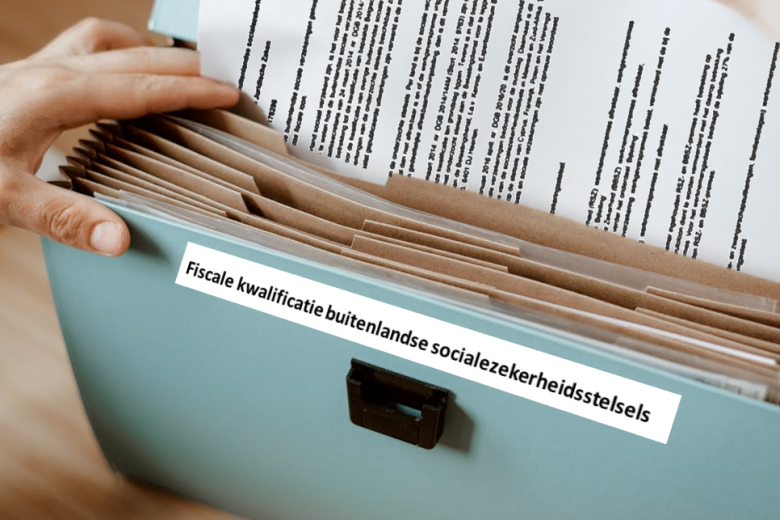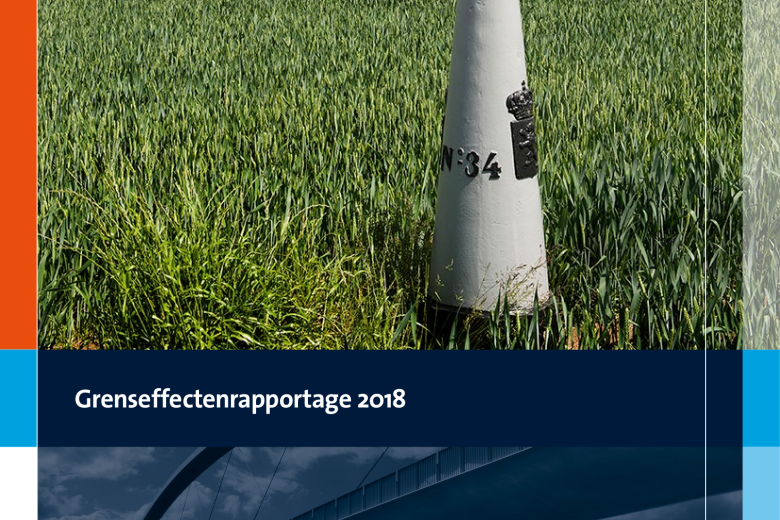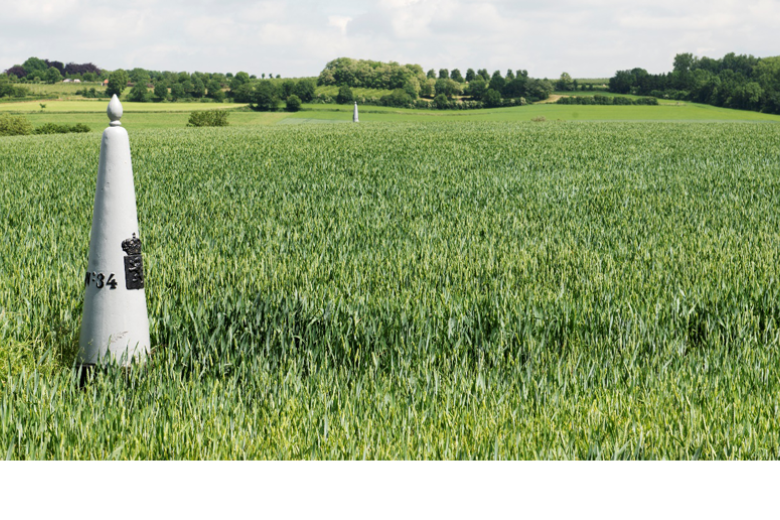ITEM publishes Cross-border Impact Assessment for 2018
The ITEM Cross-border Impact Assessment 2018 has been published! With the Cross-border Impact Assessment, the Institute for Transnational and Euregional cross-border cooperation and Mobility / ITEM provides more insight into European and national legislative and policy initiatives. The report is intended as a valuable tool for policy makers at regional, national and European level when taking decisions on legislation and regulations with (additional) effects for border regions.
Dossiers
The ITEM Cross-border Impact Assessment 2018 contains six dossiers concerning a wide variety of cross-border issues that deal with effects on border regions and/or cross-border mobility. For example, the Baukindergeld dossier examines the border effects of the proposed German measure to promote the residential property of young families. This proposed measure appears to be contrary to EU law as it puts frontier workers who work in Germany but live outside Germany at a disadvantage. On this point, ITEM recommends that a coherent analysis of the impact of the new legislation on cross-border workers be included in the parliamentary debate on new legislation. In the Social Security dossier, the social security position of non-standard workers (e.g. platform workers working for Uber, Deliveroo etc.) in a cross-border working relationship is examined. One can no longer ignore the increase of new forms of employment and employment contracts such as on-call work, part-time work, irregular work, etc. However, the current European rules still assume a physical presence at a workplace. ITEM recommends that both the current national legislation and the European regulations should be tightened or amended.
The results of the Cross-border Impact Assessment can be found here.
Third edition
ITEM's Cross-border Impact Assessment is aimed at policy makers at the regional, national and European level who take decisions regarding border regions. The report thus has the potential to contribute to the political debate by helping to recognise existing or future border effects. The ITEM Cross-border Impact Assessment has formed the basis of follow-up activities, both in recent years as well as this year. For example, the Dossier on the increase in the low VAT rate was offered to a large number of stakeholders at provincial, Euregional and Ministerial level. The dossier examined the possible economic border effects of the planned VAT increase.
Since its establishment in 2015, ITEM has published three Cross-border Impact Assessments. The ITEM Cross-border Impact Assessment 2018 is the most recent impact assessment carried out by ITEM. The ITEM Cross-border Impact Assessment brings policy and practice together. Every year, ITEM stakeholders have the opportunity to propose restrictive cross-border issues. The subjects of the Cross-border Impact Assessment of that year are then submitted to the selection process of the ITEM Cross-border Impact Assessment Working Group. After completion of the selection process, the selected topics are examined in detail by ITEM researchers.
Cross-border Impact Assessment 2019
While the results of the 2018 reporting have already been published, the first steps for the 2019 assessment are already being prepared. By the end of 2018, ITEM Stakeholders will again have the opportunity to raise with ITEM the issues that are important to them. The ITEM Cross-border Impact Assessment Survey will be made available on the ITEM website in December.
Also read
Also read
-
ITEM Cross-Border Impact Assessment 2021 published
Due to the Corona crisis, also many cross-border workers are forced to work in their home country. They have been asked not to cross the border to come to their office situated in the neighbouring country. At the moment, this is only possible because the Dutch, Belgian and German governments have...
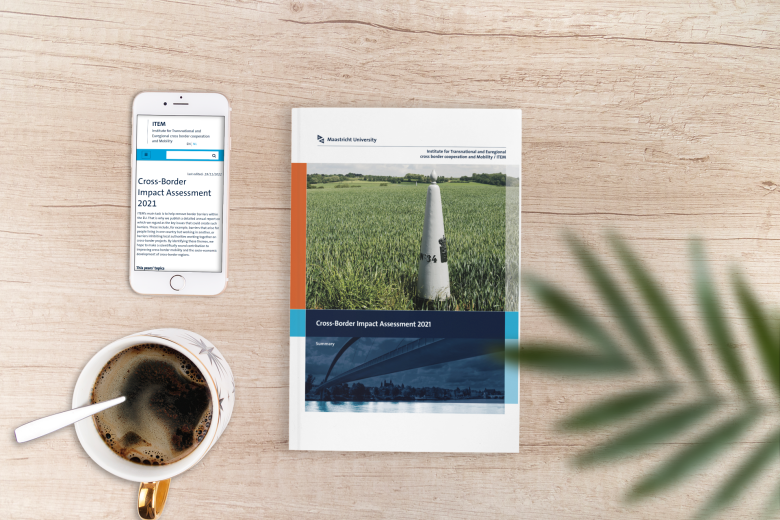
-
Success factors for cross-border real estate transactions: information and patience
Buying a house abroad, with the complex procedures of rules and formalities that apply in the world of real estate transactions, one might wonder: what obstacles might I encounter? In her dissertation, Katja Zimmermann examined the operation and obstacles of various land registration systems. Her...
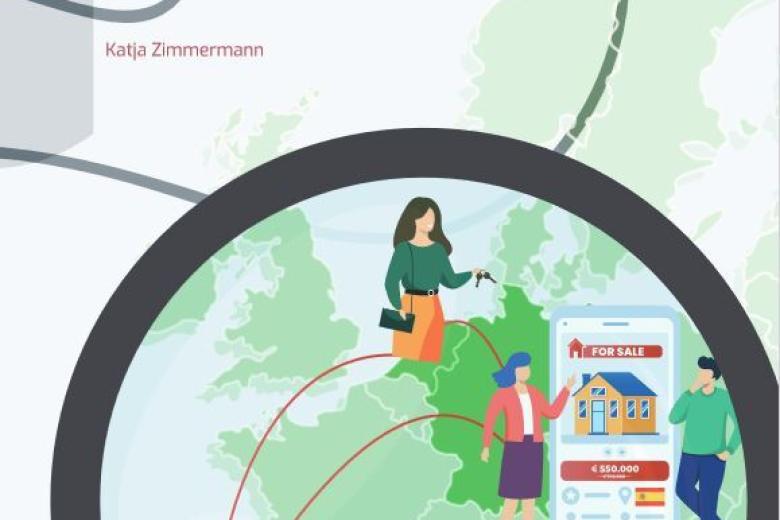
-
ITEM focal point taken up: addition to Dutch qualification policy for German social insurance schemes
The Dutch Ministry of Finance has updated the guideline on the tax qualification policy of foreign social security schemes. According to expertise centre ITEM, the addition concerning certain German social insurances is a positive development, which is in line with their vision and commitment in...
